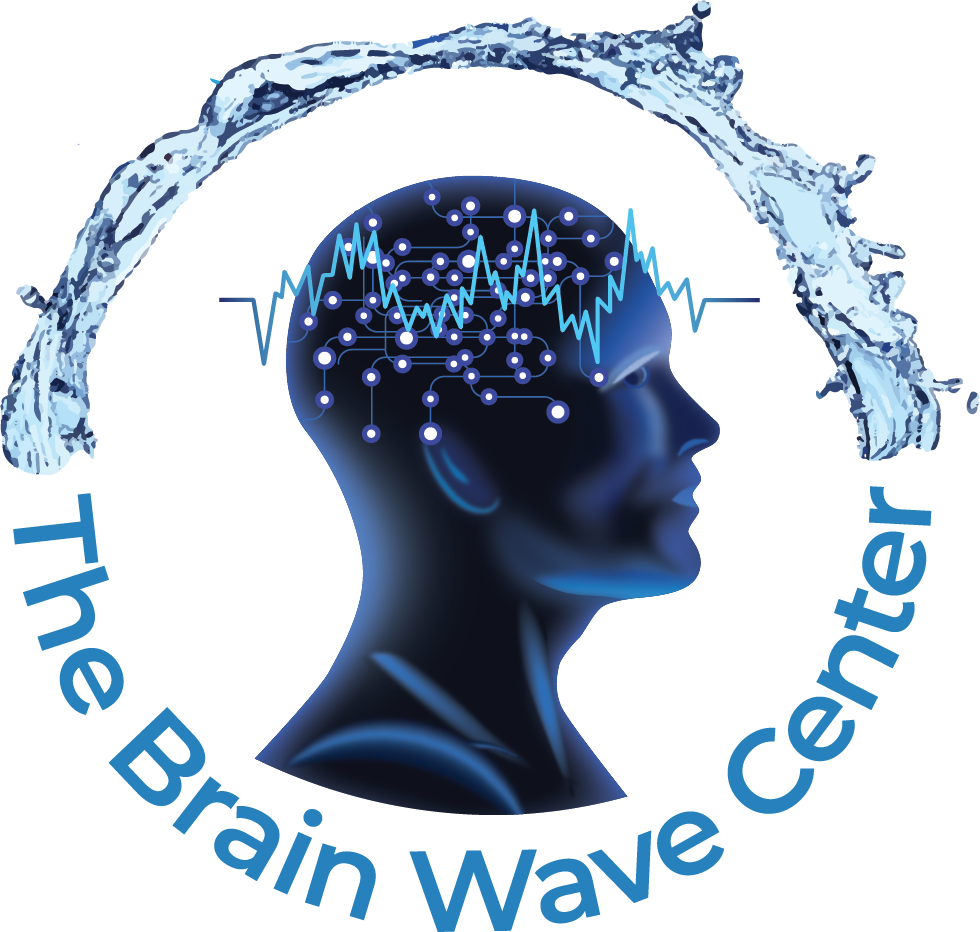While neurofeedback has been extensively studied in the treatment of many disorders, there have been only three published reports, by D.C. Hammond, on its clinical effects in the treatment of obsessive compulsive disorder (OCD). In this paper the efficacy of QEEG-guided neurofeedback for subjects with OCD was studied as a case series. The goal was to examine the clinical course of the OCD symptoms and assess the efficacy of QEEG guided neurofeedback training on clinical outcome measures. Thirty-six drug resistant subjects with OCD were assigned to 9-84sessions of QEEG-guided neurofeedback treatment. Daily sessions lasted 60minutes where 2 sessions with half-hour applications with a 30 minute rest given between sessions were conducted per day. Thirty-three outof36 subjects who received neurofeedback training showed clinical improvement according to the Yale-Brown obsessive-compulsive scale (Y-BOCS). The Minnesota multiphasic inventory(MMPI) was ad-ministered before and after treatment to 17 of the subjects. The MMPI results showed significant improvements not only in OCD measures, but all of the MMP1 scores showed a general decrease. Finally ,according to the physicians’ evaluation of the subjects using the clinical global impression scale (CGI), 33 of the 36 subjects were rated as improved. Thirty-six of the subjects were followed for an average of 26months after completing the study. According to follow-up interviews conducted with them and/or their family members 19of the subjects maintained the improvements in their OCD symptoms. This study provides good evidence for the efficacy of neurofeedback treatment in OCD. The results of this study encourage further controlled research in this area.
